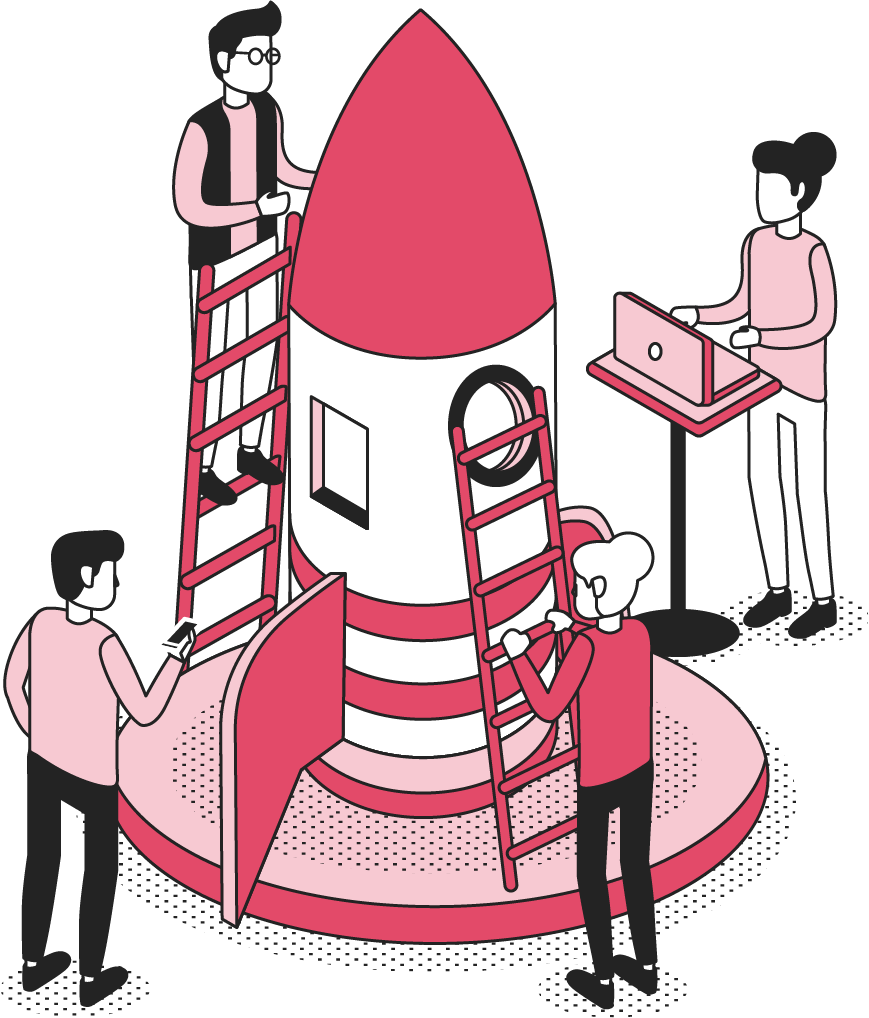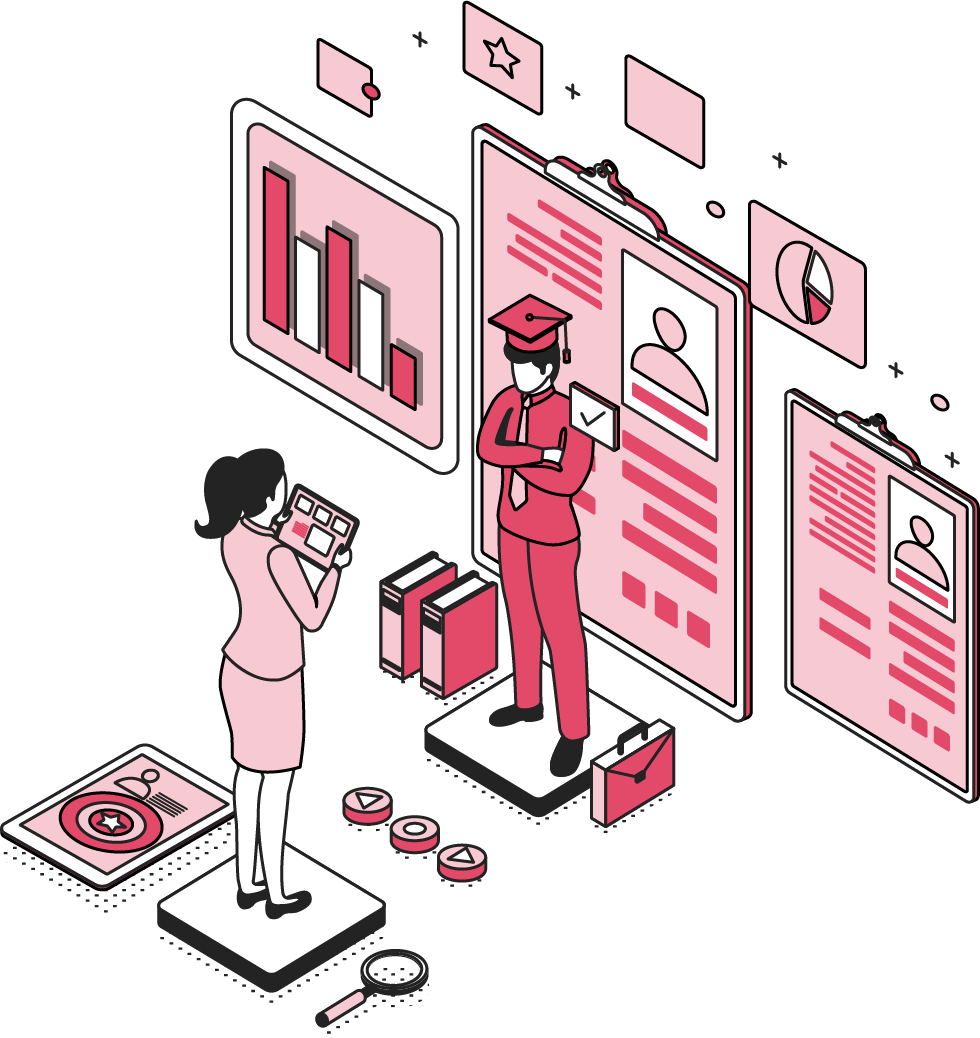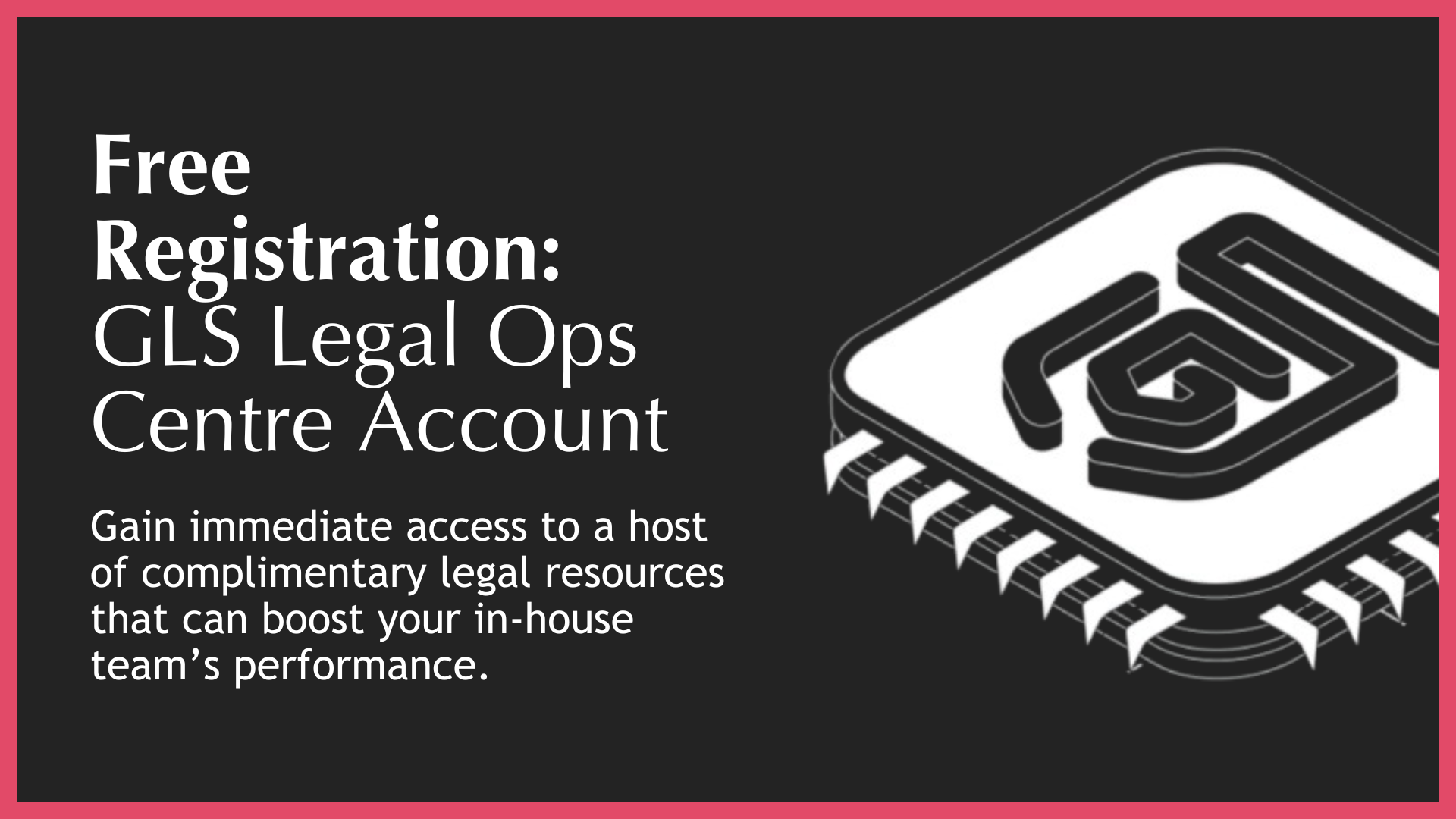The GLS Legal Operations Centre
The ultimate in-house legal department resource stack
Back
Piloting
What Is It
The Piloting Station is the controlled trial phase of managed legal services (MLS) deployment. It allows legal departments to test the MLS solution in a live environment, validate its effectiveness, and refine the model before full-scale implementation. This is where transformation begins - not with risk, but with proof.
At GLS, piloting is one of the four cornerstones of our transformation methodology. We believe that legal change must be safe, modular, and incremental. A well-executed pilot demonstrates that the MLS provider can deliver the required outcomes, integrate with existing workflows, and operate within the legal department’s governance framework.
Piloting also builds stakeholder confidence. It shows the business that legal transformation is not disruptive - it’s deliberate. By starting small and scaling only when the model is proven, legal teams avoid the pitfalls of rushed implementation and misaligned expectations.
Critically, the pilot is not just a test - it’s a data-gathering exercise. It provides the metrics needed to refine SLAs, adjust workflows, and optimise the solution design. At GLS, we use pilots to build momentum, validate strategy, and lay the foundation for scalable legal transformation.
Scope
The scope of the Piloting Station typically includes:
◼️Pilot Scope Definition: Selecting the legal function, workflow, or contract type to be piloted.
◼️Success Criteria: Establishing the metrics and outcomes that will define pilot success.
◼️Stakeholder Engagement: Aligning legal, business, and MLS provider teams on pilot objectives.
◼️Workflow Integration: Ensuring the pilot operates within existing systems and approval chains.
◼️Performance Monitoring: Tracking turnaround times, quality, and stakeholder satisfaction.
◼️Feedback Collection: Gathering insights from users, legal teams, and providers.
◼️Solution Refinement: Using pilot data to adjust the MLS model before full deployment.
◼️Scale Planning: Preparing for expansion based on pilot outcomes.
Resource Status
In GLS legal ops speak – the Piloting is considered a “Foundational” resource within the process ecosystem of an in-house legal team.
The Foundational Resource is a CRE that is responsible for determining the overall performance capabilities of a “critical” legal function. If it is not optimised, the function can never be optimised.
Best Practice Features
The best practice features of the Piloting Station are as follows:
◼️Modular Design: Pilot is scoped to a manageable function or workflow.
◼️Clear Success Metrics: KPIs and SLAs are defined upfront to measure effectiveness.
◼️Stakeholder Buy-In: All relevant teams are engaged and aligned on pilot goals.
◼️Safe Integration: Pilot operates within existing governance and tech environments.
◼️Real-Time Monitoring: Performance is tracked continuously throughout the pilot.
◼️Structured Feedback Loop: Insights are collected and used to refine the solution.
◼️Scalability Planning: Pilot is designed to transition smoothly into full deployment.
◼️Transformation Enablement: Pilot builds confidence and momentum for broader change.
Business Value
The Piloting Station delivers the following value to the Business:
◼️Reduced Risk: Transformation is tested before full-scale implementation.
◼️Faster Buy-In: Stakeholders see proof of value, accelerating support.
◼️Improved Cost Efficiency: Pilot identifies optimisation opportunities before scaling.
◼️Accelerated Deal Velocity: Even small pilots can improve contract turnaround times.
◼️Better Vendor Performance: Provider is calibrated through real-world testing.
◼️Scalable Legal Support: Pilot lays the groundwork for broader MLS deployment.
◼️Enhanced Transparency: Business sees how legal transformation works in practice.
◼️Smarter Investment Decisions: Pilot data informs future resource allocation.
Legal Department Value
The optimisation of this Station will build value in the legal department in the following ways:
◼️Safe Delegation: Legal can test MLS delivery without risking service disruption.
◼️Performance Insight: Pilot provides data on speed, quality, and stakeholder satisfaction.
◼️Process Refinement: Legal workflows are improved based on pilot feedback.
◼️Team Confidence: Legal professionals see transformation as controlled and beneficial.
◼️Stakeholder Trust: Business units engage more confidently with legal post-pilot.
◼️Scalable Model: Pilot creates a repeatable framework for future MLS deployments.
◼️Governance Assurance: Legal confirms that the MLS provider operates within policy boundaries.
◼️Transformation Readiness: Pilot builds the foundation for broader legal change.
Who Needs It
The Piloting Station is essential for:
◼️Legal departments seeking to implement managed legal services
◼️Teams undergoing legal transformation or restructuring
◼️Legal operations professionals designing scalable service models
◼️GCs and Heads of Legal aligning legal support with business strategy
◼️Procurement functions looking to streamline and reduce costs
Productivity Consequences
A legal team operating without a Piloting Station will face a wide range of inefficiencies including:
◼️High Implementation Risk: Full deployment without testing can lead to disruption.
◼️Stakeholder Resistance: Lack of proof undermines support for transformation.
◼️Poor MLS Integration: Provider struggles to align with workflows and expectations.
◼️Missed Optimisation Opportunities: No data to refine the solution before scaling.
◼️Increased Legal Spend: Inefficiencies are scaled instead of resolved.
◼️Low Team Engagement: Legal professionals feel disconnected from the change process.
◼️Transformation Delays: Lack of pilot slows momentum and confidence.
◼️Reduced Business Confidence: Stakeholders question the value and viability of legal transformation.
Tech Implication
The Piloting Station has a strong tech profile:
◼️Platform Compatibility Testing: Pilot confirms integration with existing systems.
◼️SLA Tracking Tools: Performance metrics are monitored through tech platforms.
◼️Feedback Collection Systems: Digital tools gather user insights and satisfaction data.
◼️Workflow Automation Trials: Pilot tests automation opportunities in real time.
◼️Data Analytics: Pilot generates performance data for solution refinement.
◼️Security Validation: Pilot confirms data protection and confidentiality protocols.
◼️Scalability Assessment: Tech readiness for broader deployment is evaluated.
◼️Digital Collaboration: Pilot tests communication and document sharing across platforms.

The GLS Legal Operations Centre
Register to access your complimentary Day 1 Resource Stack packed with legal team performance resources.

GLS Ultimate Guide To Legal Operations
Download this and read it thoroughly and regularly. It is a wonderful transformation companion.

Book A No-Obligation Consultation
If you would like discuss your legal transformation needs, please book a 30 minute free consultation with us.

GLS Legal Transformation Boot Camp
Our hugely successful, 10-week long, email-based boot camp on how to effectively transform your legal team.




